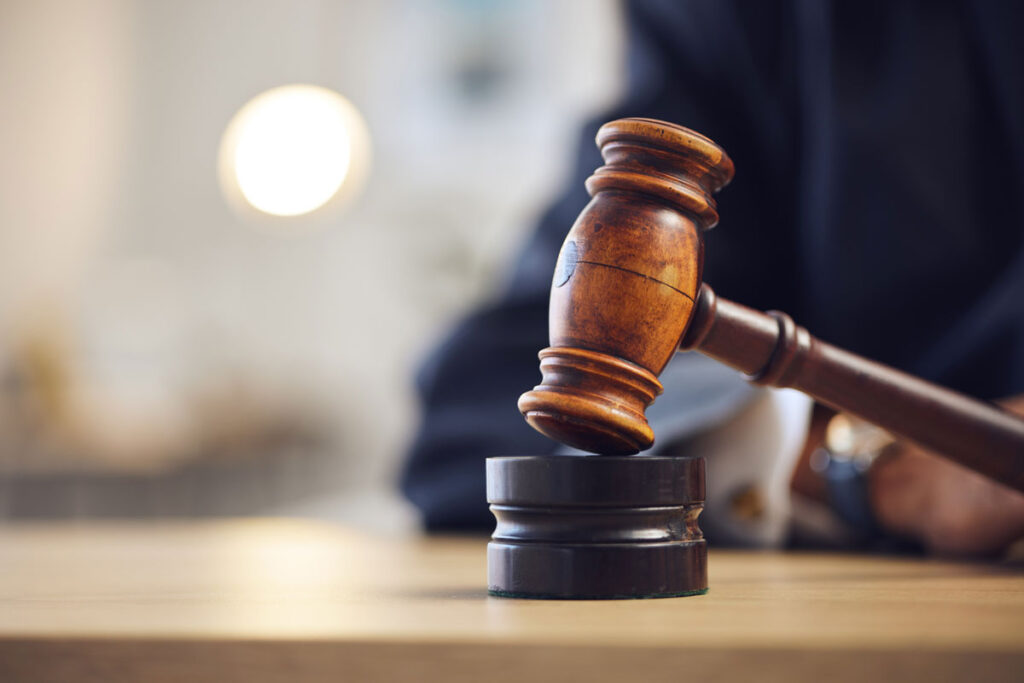Certain drug laws in many American states are becoming more relaxed. There are some drug offenses, however–including those in California–which still hold a stiff penalty, and one of the most serious a person could face is trafficking. While not many people fully understand exactly what actions constitute this crime, the word alone brings with it an air of infamy. Due to the complex nature of trafficking laws in California, it is important to understand the basics of the local statutes.
What is Drug Trafficking?
The very fact that California was the first state to allow medical marijuana might seem to indicate a lenient perspective on the exchange of drugs—but , the simplicity of any such transactions ends there, with the parameters of Proposition 215.
There are various drug offenses which could constitute trafficking. California Penal Code 11379 states that selling, transporting, furnishing, administering or even giving away drugs within the state could result in a trafficking charge. In fact, the mere offer to do any of these tasks is enough to bring about a charge. This means that any individual who is caught even attempting to sell drugs could face trafficking-related charges. Depending on the specifics of the case, though, an individual could face excessively severe penalties.
Bail for Drug Trafficking
Before a person even wonders about the penalties they face for, the first concern would be to determine whether bail can be posted. Each California county bail schedule provides its own set bail amounts for those charged with this crime, but it’s important to note that these bail amounts can be significantly different between counties. Only potential punishments are instituted statewide, but bail amounts are under local jurisdiction.
In Sacramento and Santa Cruz Counties, an individual charged with crimes falling under trafficking statutes will face a $25,000 bail amount. In Santa Cruz, though, this amount jumps to $50,000 if the trafficking occurred between different counties. Los Angeles and Orange Counties, on the other hand, have schedules as complex as the state laws related to trafficking. Depending on the specifics of a case, trafficking charges could bring up to a $5 million bail amount in Los Angeles and all the way up to $3 million in Orange county.
Penalties for Drug Trafficking
As mentioned, there are various charges that could be related to trafficking, and depending on how the prosecutor chooses to approach the case, offenders could be sentenced under various statutes. California Statute 11379, however, does list potential punishments for trafficking. One violation can result in up to a four year prison sentence. Those who commit trafficking across county lines, on the other hand, could land in jail for up to 9 years.
It should also be noted that punishments can drop all the way down to one year for some of these charges. Simply possessing a few specific drugs with the intent to sell, for instance, may only result in a year in county jail. Sadly, most people will not know what they face until they’re actually charged. As with most criminal statutes, the prosecuting attorney will decide which charges to bring against a defendant.
Drug trafficking is a serious crime, but luckily for those charged with it, trafficking is still a bailable offense. This means you can get out of jail and start working on your defense, and in the case of trafficking charges, you will definitely need a good one. Drug-related charges are always serious, but the penalties for trafficking in California are especially severe.
